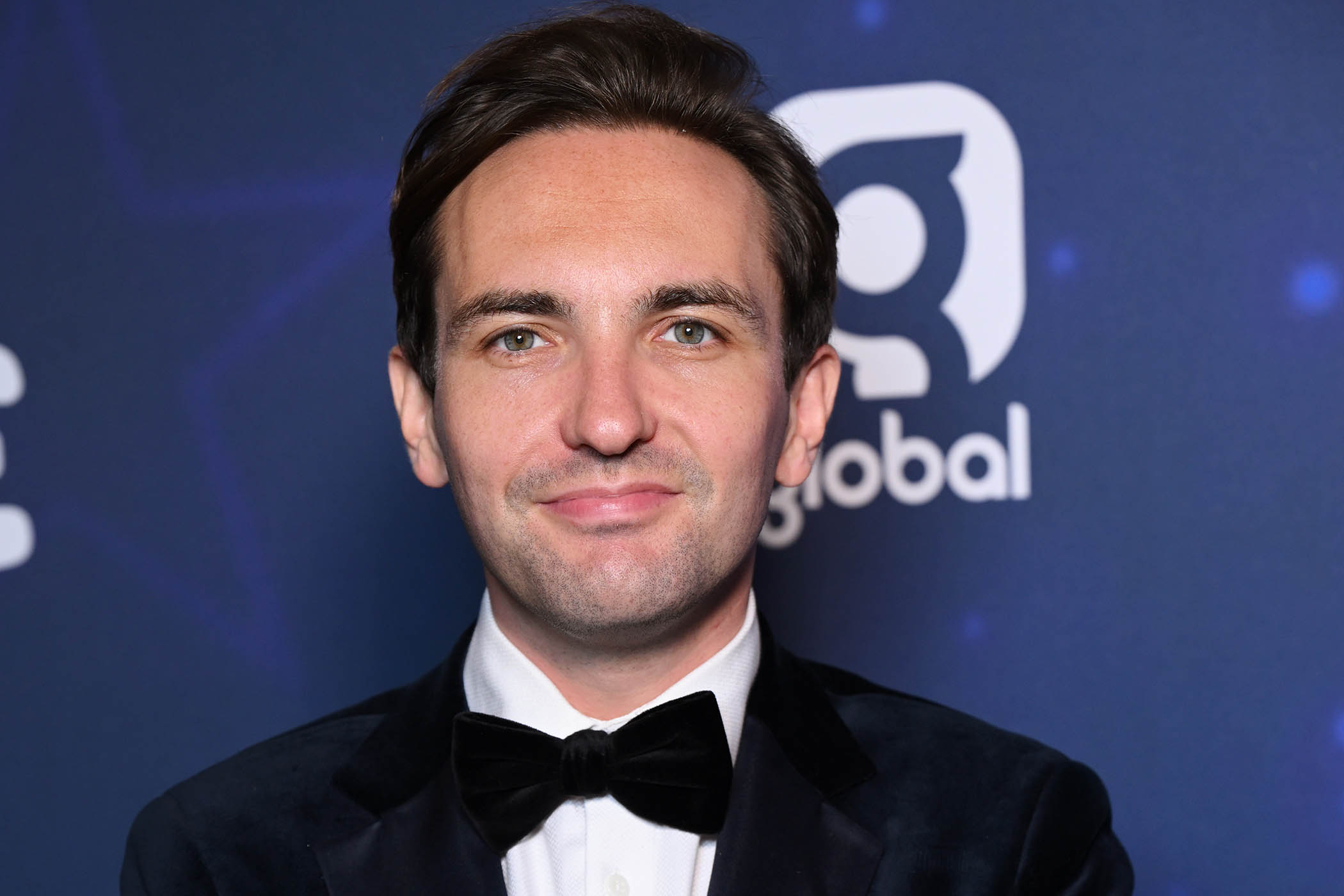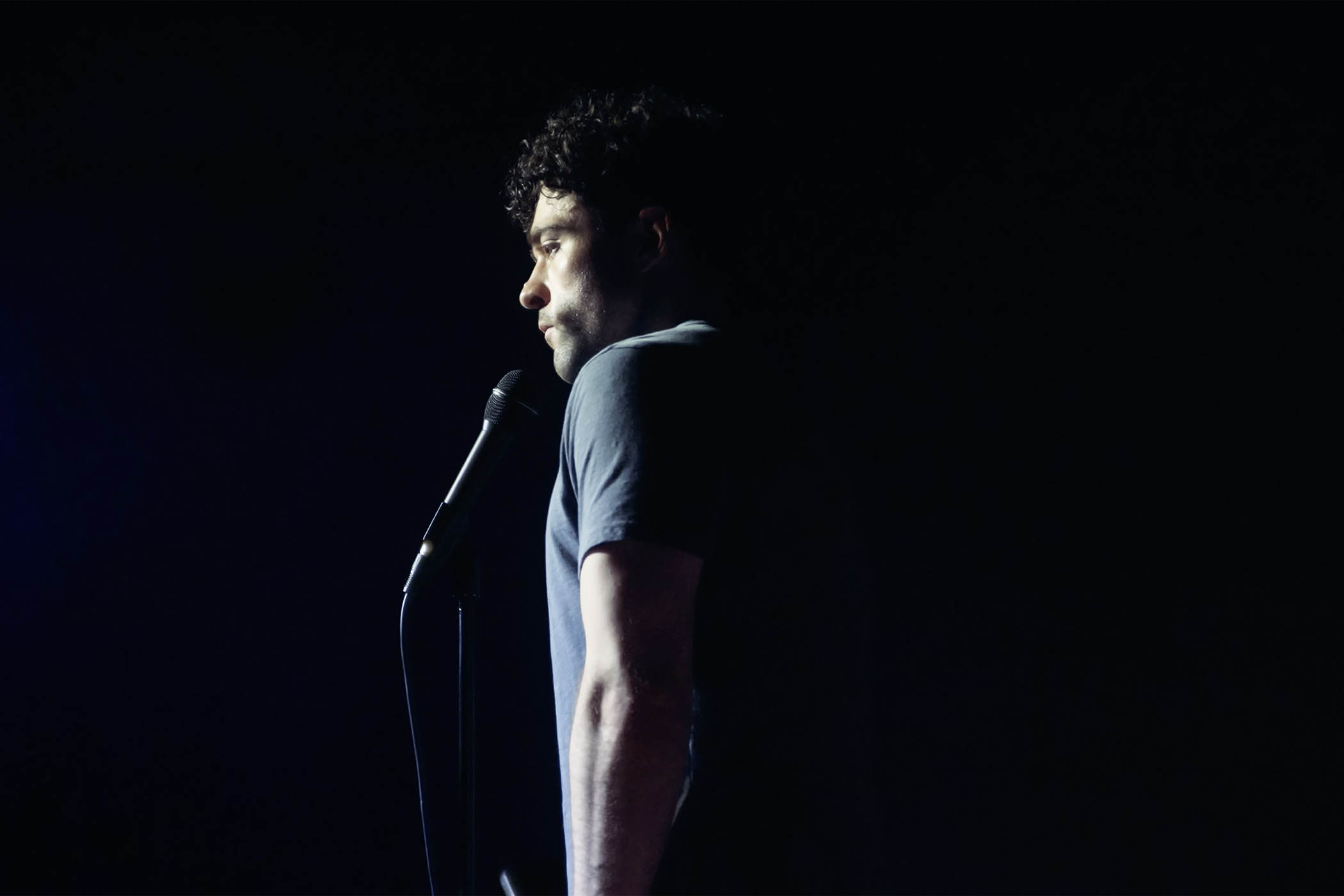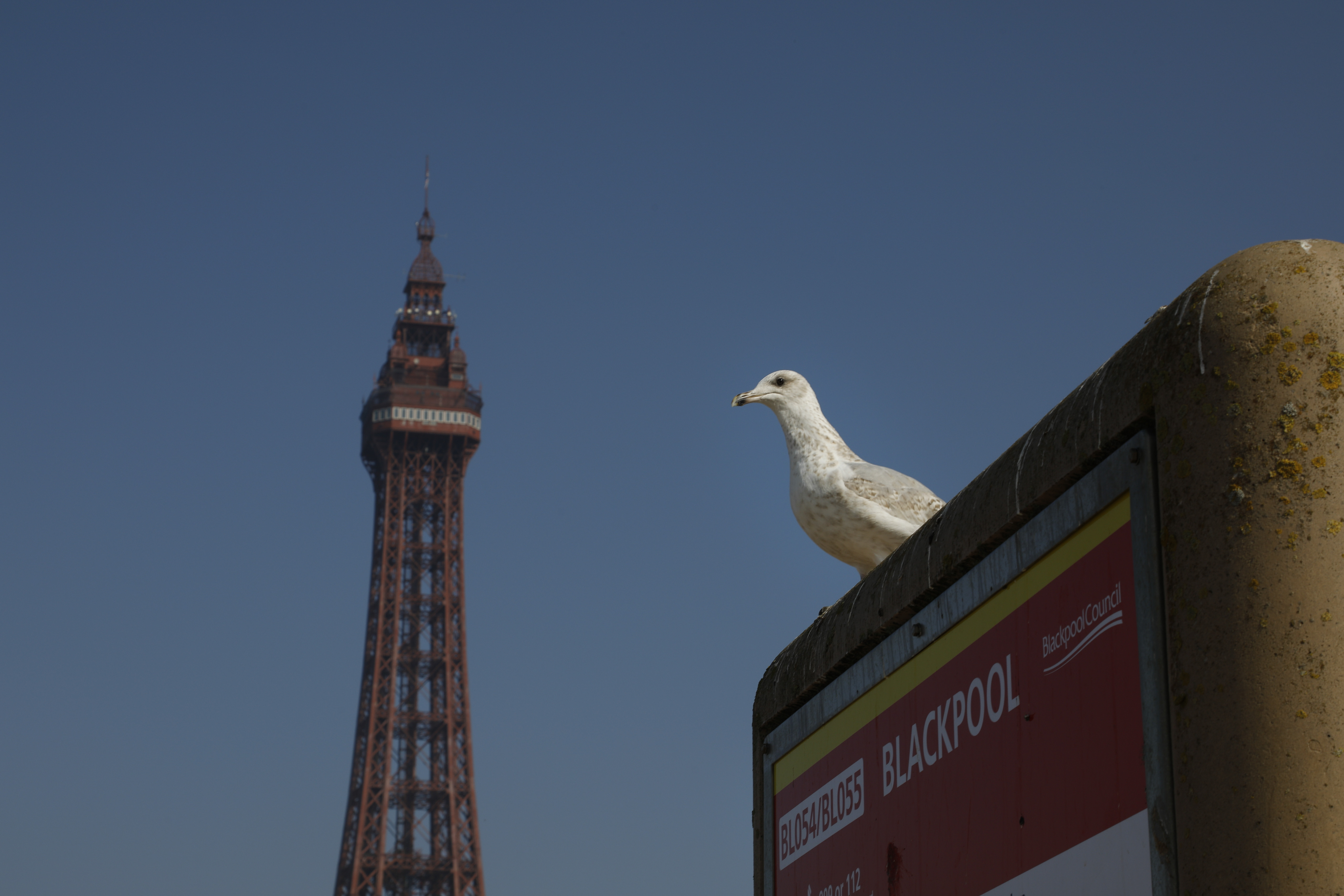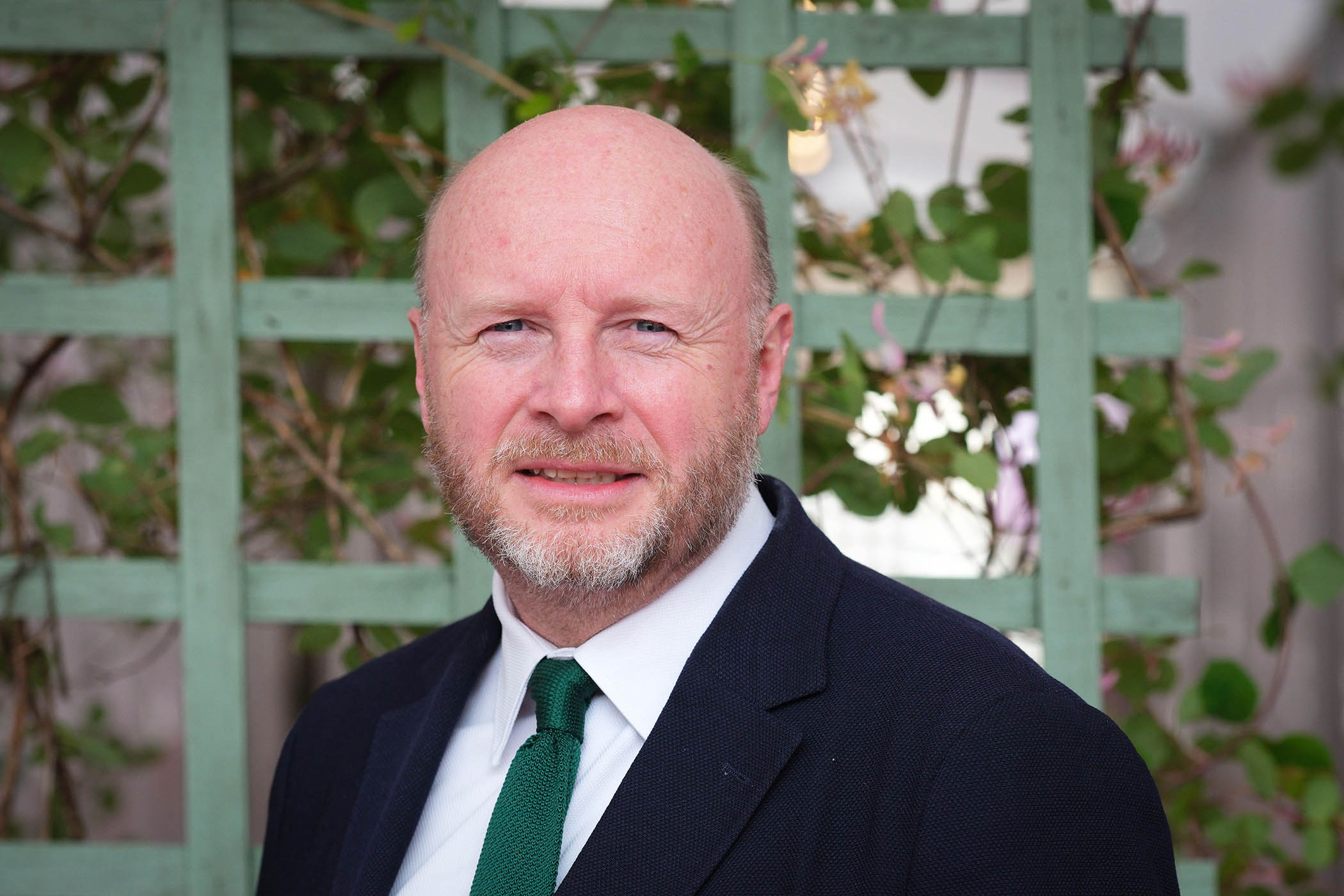Lewis Goodall of The News Agents fame is an excellent journalist, if a teensy bit full of himself. He tells a clear story, can interview, will door-knock if needed and treks around to locations that, even years after an event, can reveal something about what happened there. Unlike many podcast presenters, he does the legwork.
Which is why his latest series for Global, Coining It, is such a satisfying listen. On his regular News Agents gig I can find Goodall (and his co-hosts) bombastic and repetitive; here, though, he does a sterling job making sense of what, by any standards, is a brilliantly nutty tale. Strap yourself in.
In 2017 a Blackpool man called James Parker somehow found a glitch in the system of a bitcoin trading site. Suddenly, with just a couple of mouse clicks, he was able to purloin bitcoins worth thousands, eventually millions of pounds for free. Given that he was ill and lonely, living on benefits in a squalid flat, this was, to say the least, a welcome surprise for him.

Lewis Goodall is at his best in this new series
What Parker didn’t do next gives rise to the whole of this mad tale. He didn’t report the glitch to the bitcoin platform. Instead – and who can blame him? – he started spending. He moved into a flashy hotel, made new friends, bought them drinks and cars and jewellery; he tipped enormously, gave homeless people wads of cash. He spread his monetary joy around, to the eventual tune of a staggering £24.5m. What a glitch that was. “Did it never cross your mind… that there’s got to be something dodgy here?” asks Goodall of one of the lucky friends. No, no, they say.
Parker’s mad situation lasts for longer than you might expect, and there are some funny details: one person involved spends much of their money on supermarket vouchers; Parker himself invests in loads of Aldi wine. Eventually, however, Parker ends up having to kill his golden crypto-goose. You find yourself quite sad when this happens, and the full fallout is sad too. But Coining It is fabulously entertaining: a romp of a series that somehow keeps you on everyone’s side all at once, whether Parker, his greedy new compadres, his loyal old friends or the police who chase him down. Recommended.
Parker didn’t report the glitch to the bitcoin plaform. Instead – and who can blame him – he started spending
Parker didn’t report the glitch to the bitcoin plaform. Instead – and who can blame him – he started spending
Another current chart-topper is Wisecrack, an unsettling and ultimately unsatisfying series in which Jodi Tovay, an American true crime journalist, decides to investigate a UK comedian’s Edinburgh fringe show. Why? Because there’s a murder in it. In 2015, in Stansted, Essex, 23-year-old Brett Rogers killed his mother and her friend in an incredibly brutal manner, then a few minutes later went to Edd Hedges’ family home and tried to break the door down. Hedges is the comedian whose show Tovay sees; he uses some of the murder story as part of his set.
In the first couple of episodes we hear a lot of Hedges’ show, overlaid with Tovay’s (often irritating) interpretation: “Was he just nervous to try out new material in front of an audience? My gut told me it wasn’t that simple.” Hedges is a good comedian, and he gives a polished performance, taking the audience on a journey about masculinity that moves between humour, poignancy and fear. The story he tells, in which he explores his relationship with Rogers, the murderer, isn’t entirely accurate – but Hedges isn’t a journalist, he’s a performer. He’s there to make an audience laugh. As someone in Wisecrack says: “It’s the Edinburgh comedy festival not the Edinburgh story festival.”

‘Humour, poignancy and fear’: comedian Edd Hedges comes under excessive scrutiny in Wisecrack
Tovay seems unable to understand this. She decides to treat Hedges’ show as if it were a local news report, and sets about checking the grisly details. The next four episodes consist of her interrogating Hedges, bashing through court reports, trampling on his private life, bumping about his home town, questioning everyone’s motives. Worst of all is her interview with Rogers’ grieving father (Rogers was sentenced to 32 years for the murders and was himself killed in prison in 2017). The many in-podcast adverts for other true crime series don’t make the listening experience any easier.
What is the point of all this? Why did Tovay think going over this horribly sad story was a good idea? We all know that comedians embellish and exaggerate, pull the truth around for jokes. That’s their job. True crime reporters do something different and the two don’t match; applying journalistic ethics to a comedy set is, frankly, ridiculous. Perhaps Hedges was self-serving when he used the murder story as part of his show, but he would hardly be the first comic to use real life in such a way, and that’s a question for him and his conscience. What Tovay does I find far harder to justify. Not good.
A couple of smaller music interview podcasts for your delectation and delight. In Country Roads, Ben Earle of the Shires talks to various country music stars about their lives, including Midland, Cam and Drake Milligan. Earle has a nice warm approach, and these are a lovely listen; I’m far from a country music fan but found myself drawn in.
Newsletters
Choose the newsletters you want to receive
View more
For information about how The Observer protects your data, read our Privacy Policy
And Dances for Buildings, Emily Dust’s show about the art of DJing, is back for a second series. A DJ herself, she chats with various comrades, not just in the UK but around the world. The first episode sees her interviewing Nina Las Vegas, who’s based in Melbourne; they cover corporate gigs, working with Mel C, touring and running a record label. Forthcoming episodes will feature DJ Target and Coco Em. One for budding DJs who want to learn how to negotiate their way through the industry.
Photographs by Karwai Tang/WireImage, Tenderfoot TV/Getty Images



